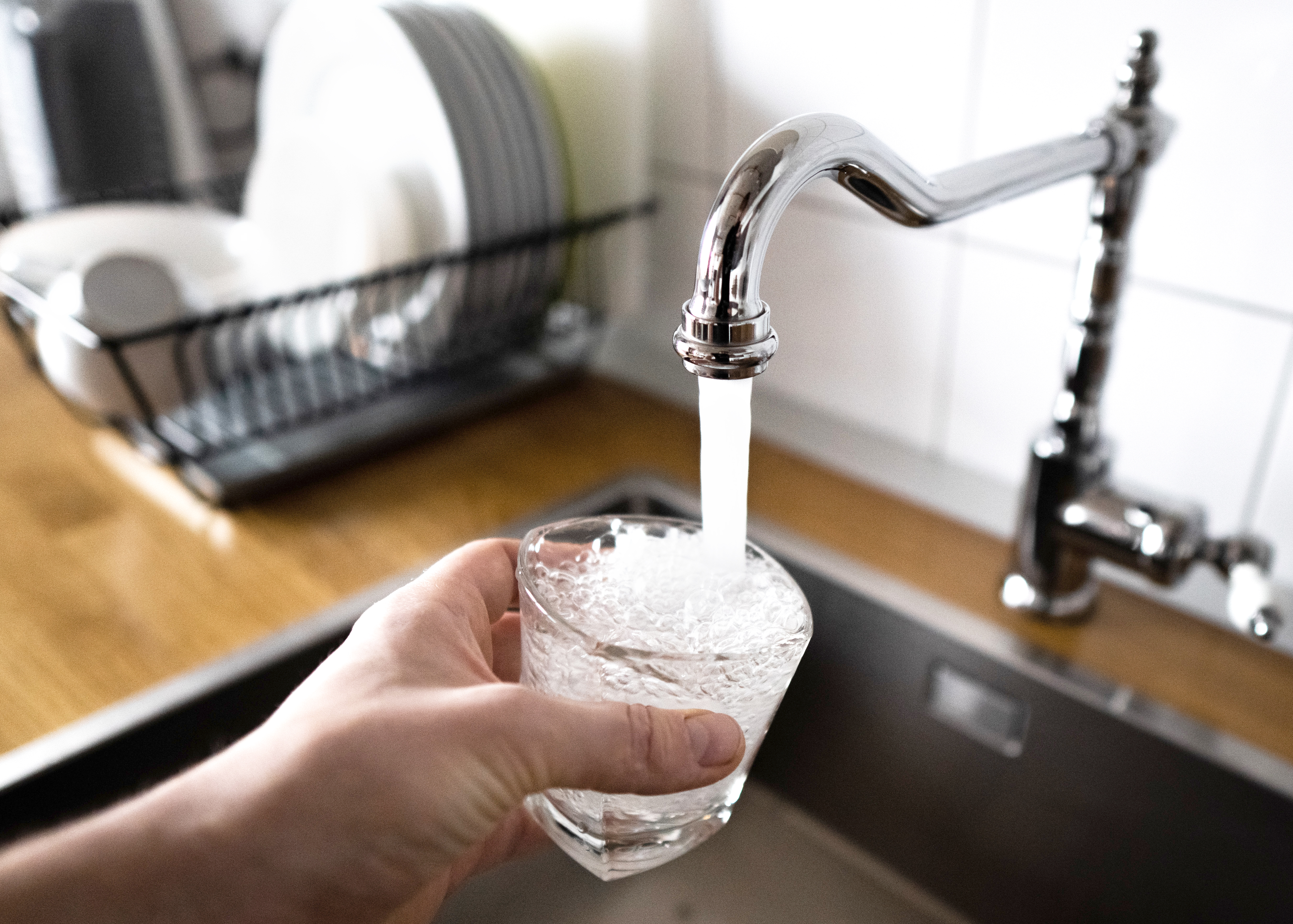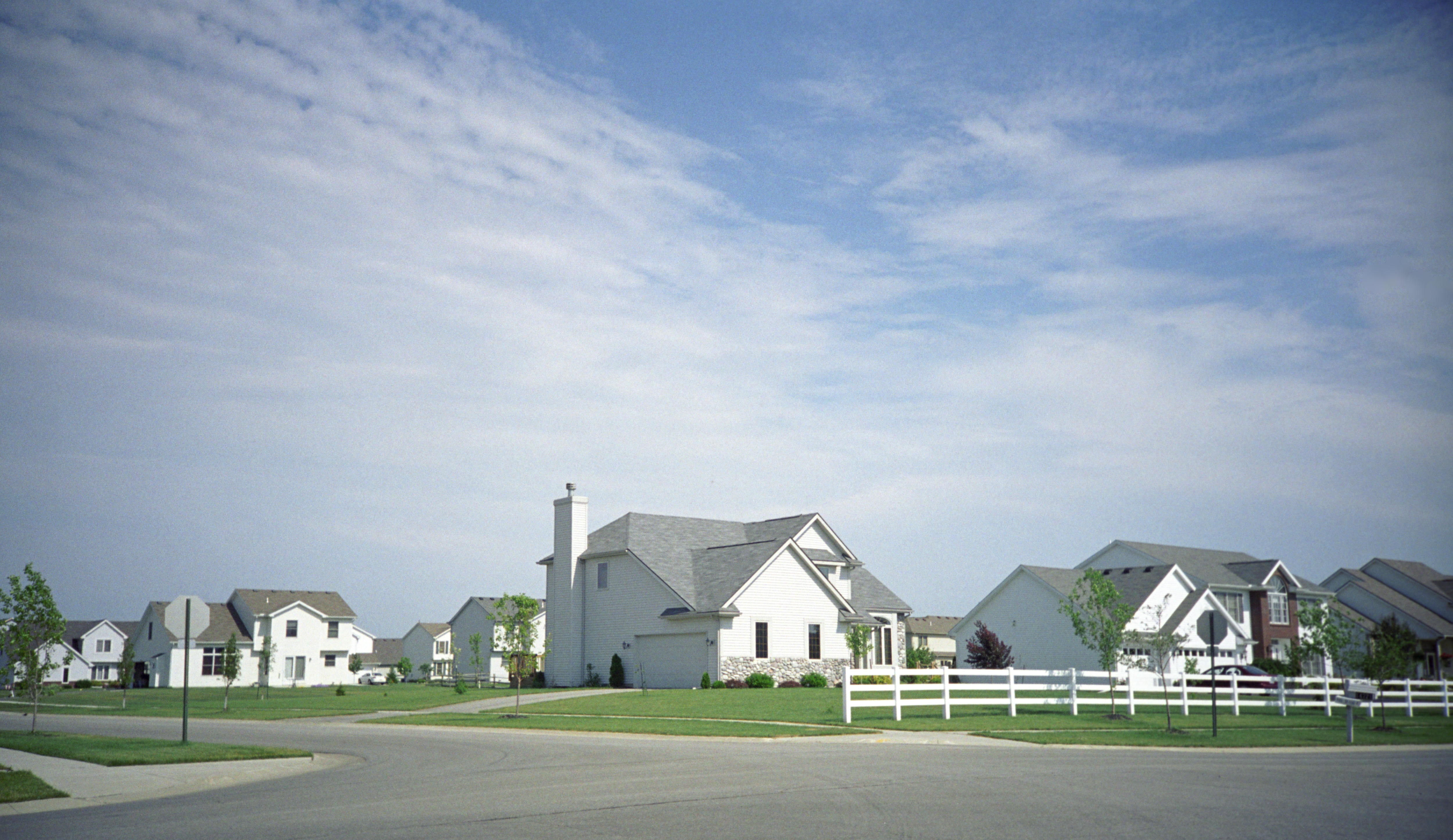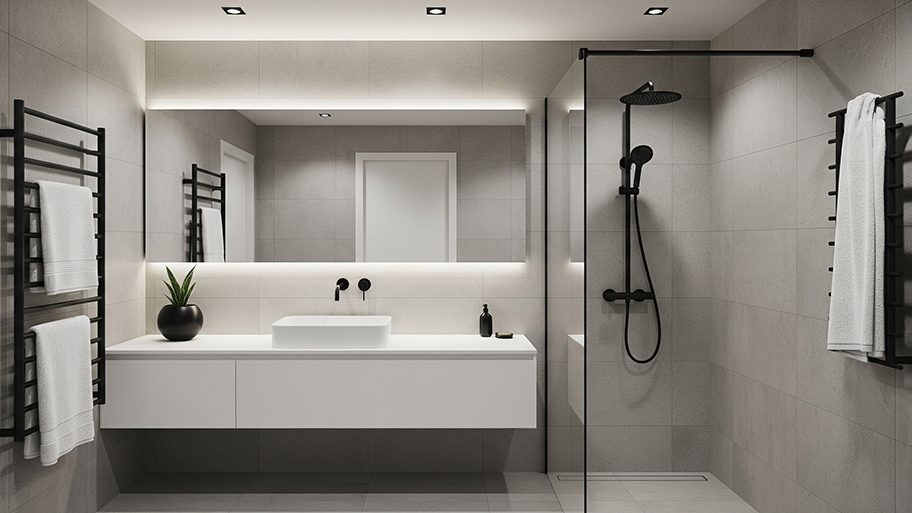
Learn about main water line repair costs in Columbus and what affects pricing to be prepared before you start getting estimates.
Make sure that you have these key features covered during your next inspection to understand the state of your house's plumbing


While the plumbing might not be the most glamorous or exciting part of your home, it is certainly one of the most important. Accordingly, ensuring that these 7 key features are able to pass a home plumbing inspection can help to prevent expensive repairs or the necessity for an emergency plumbing service.
The main sewer line is the connection between your home’s pipes and plumbing system and the city or county sewer line or utility provider. Accordingly, when that line gets clogged or damaged, all kinds of problems can arise in your home.
During a home plumbing inspection, the inspector will often use a camera to see into the main sewer line and check for issues. This is called a sewer camera inspection and you’ll want to ensure this is done and a house’s main sewer line is up to par before you purchase it, or plan to get it repaired as a concession or contingency of the sale. If the main pipes are deteriorating or severely clogged, the pipes can collapse, therefore necessitating a major and costly repair or replacement.
If your plumber or inspector notices significant problems with the main sewer line, you may be able to get it re-lined before needing to replace it completely. Mitigating potential problems with the main sewer line is especially important if you are considering putting your house on the market since these issues will likely arise during a home inspection and could be an expensive dealbreaker to prospective buyers.
A typical water heater lasts for about ten years, give or take a few years depending on water quality, how often it is being used, how well it is maintained, and whether or not it was originally installed properly.
Be aware that water heaters that are also used to heat the entire home tend to have shorter lifespans than water heaters that are solely used for providing hot water. You’ll want to have your plumber or inspector check the age of your water heaters (they can do this from the manufacturer and serial number) and if they are up to code.
They can also verify that you have the correct size for the volume of water your household uses or if the tank is undersized for your family’s needs–this is especially important to consider if you or previous owners have added a soaking tub or other feature or appliance that uses a significant amount of hot water since the hot water heater was installed.
They can also examine the water heater for signs of damage or if their pans are overflowing–this is particularly essential because water heaters are generally situated in out-of-the-way spots so leaks can easily become catastrophic before anyone notices.
Nearly everyone has some kind of horror story about toilets acting up at inopportune times, and the last thing you want to do is to experience that yourself. Leaks at the base of the toilet are often signified by discoloration or warping around the toilet’s base, a certain softness to the floor around the toilet, or if there is any movement in the floor or the toilet bowl itself when you put your body weight on it.
If your toilet seems to have a small leak as described above, always call a plumber to check it out and make any repairs, since sealing the leak yourself may not properly solve the problem and make things worse in the long run.

If there is a slow or continuous drip of water coming from a faucet or faucets, if your sinks, showers, or tubs are slow to drain, if you notice the hot water running out quickly, or if the water coming out is a brownish or otherwise odd color, then you need to have a professional plumber check things out. Any of these signs that your plumbing needs repair should warrant a home plumbing inspection even if you aren’t planning on selling or otherwise getting your property checked out.
If you have noticed a sudden change in water pressure or if you regularly have extremely low or atypically high water pressure in your faucets or shower, then you’ll definitely want to bring that up during a home plumbing inspection. Leaks, banging or knocking pipes, spurts of water from the aerator when the faucets are turned on, and short lifespans for water heaters, washing machines, or dishwashers can all be signs of a water pressure issue.
Low water pressure can be indicative of a damaged water heater, clogged pipes, or a broken pipe leaking behind the walls, while high water pressure can put too much stress on the entire plumbing system and cause pipes to burst or other serious damage.
Different types of pipes and plumbing setups are common in various areas of the country, and some are more desirable than others in given climates or situations. Always make sure your plumber or plumbing inspector is taking the material and type of pipes you have installed into account when they are assessing your home’s plumbing system.
Knowing whether you have galvanized water pipes, copper drain pipes, lead closet bends, or any other type of unique piping system is important not only when you are getting your plumbing system inspected since each sort of pipe is vulnerable to different kinds of problems, but if or when you are planning on selling your home in the future.
If you live in an area that gets frigid winter weather, you’ll want to take special care of your pipes and plumbing system to ensure there is no undue damage from the cold.
You’ll want to consider winterization factors such as checking on the insulation of the pipes during a plumbing inspection, looking for exterior cracks near the foundation or base of the house, and sealing off any crawl spaces from cold weather. A home plumbing inspector will be able to check these aspects of your home’s plumbing system and help you avoid pricey winter plumbing repairs and ensure your property is adequately protected from the winter’s chill.
From average costs to expert advice, get all the answers you need to get your job done.

Learn about main water line repair costs in Columbus and what affects pricing to be prepared before you start getting estimates.

Discover the leading factors affecting your main water line replacement cost in Columbus, including length, material selection, and installation details.

Learn how much plumbers cost in Columbus, Ohio. Discover pricing for faucet repairs, pipe work, and emergency services, plus how you can save money.

ABS pipes are popular for drains, waste, and vents, but what is an ABS pipe? Learn about them and if they’re right for your home.

The hidden parts of your shower drain keep everything flowing. Reference our shower drain plumbing diagram to understand how your shower drain works.

Touchless faucets offer benefits like saving water, avoiding germs, and simplifying cleanup. Learn the top benefits of hands-free faucets and decide whether to switch.